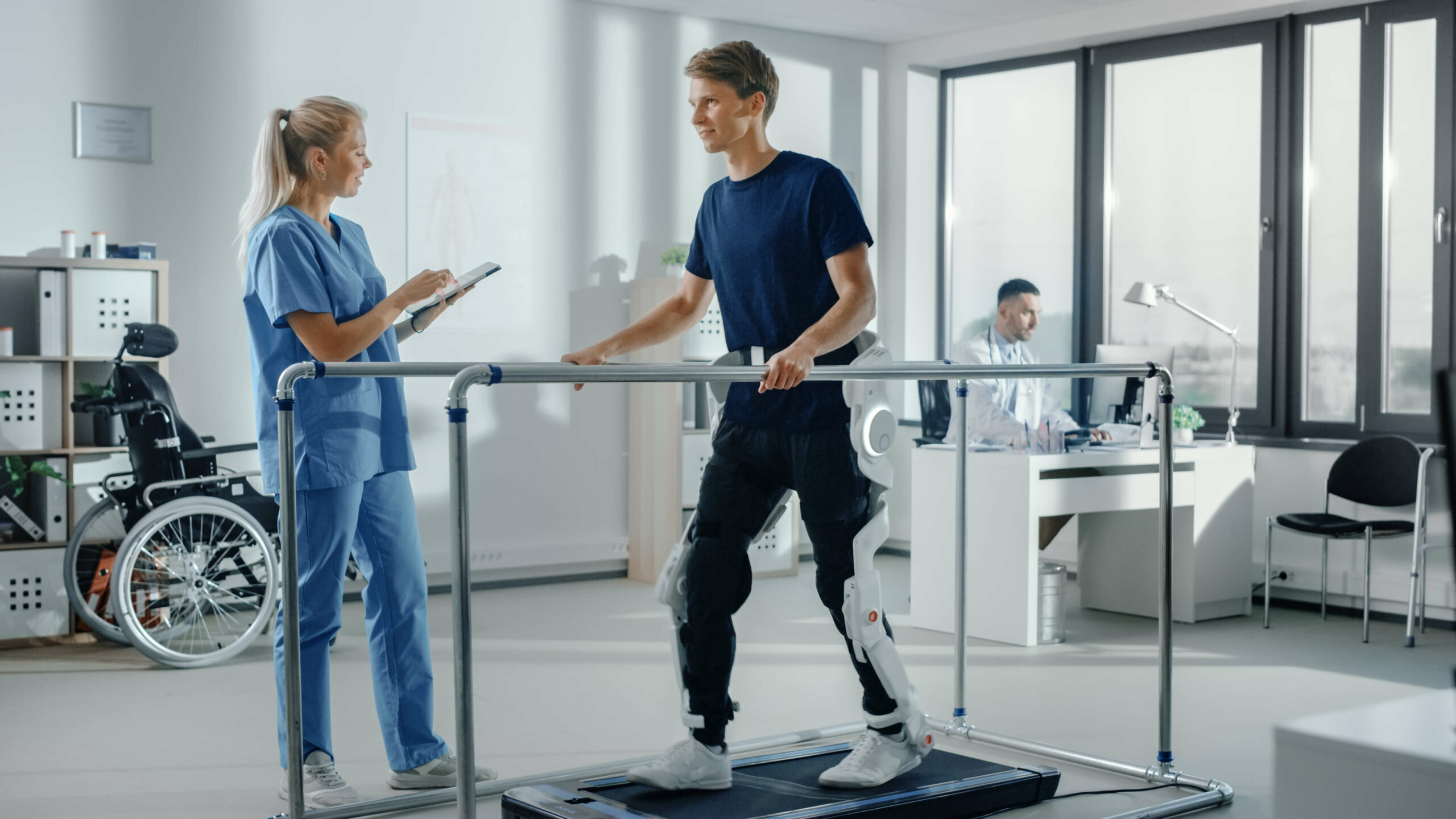Biomaterials
Overall Course Objectives
The course will give you a broad introduction to the physical, chemical, and mechanical requirements of a biomaterial to be used inside or outside the human body, and provide you with a knowledge foundation for choosing and optimizing biomaterials for selected biomedical applications. Examples will include hard biomaterials (e.g. for bone replacement), soft biomaterials (e.g. for heart valve replacement), and ultra-soft biomaterials (e.g. for cell scaffolds in tissue engineering), with intended applications in the body or for laboratory use.
Learning Objectives
- describe common immediate, early, and late body responses to implanted materials.
- describe and compare the mechanical properties of different classes of biomaterials.
- describe processes to shape different classes of biomaterials.
- explain and exemplify how surface engineering of biomaterials can enhance or reduce their interaction with living cells.
- discuss common degradation mechanism of biomaterials and possible associated adverse effects on living systems.
- describe methods to sterilize implantable materials and discuss their possible adverse effects on the properties of biomaterials.
- describe selected requirements for approval of a biomaterial for clinical use.
- analyze the physical, chemical, and mechanical requirements of a biomaterial for a specific biomedical application.
- design a biomaterials based solution to a biomedical problem by combining a requirement analysis with knowledge on biomaterials properties and processing.
- assess and report on the pros and cons of a biomaterials based device.
Course Content
The fundamental materials science aspects of biomaterials, such as manufacture, structure, and properties, will be reviewed in close connection with practical operation, performance and failure mechanisms of biomedical devices and implants. Man-made materials (metals, ceramics, polymers) as wells as biological materials will be considered.
We will survey the many adverse effects that the introduction of a foreign material can induce in the body, including toxicity, immunological responses, and infection. This knowledge will be an outset for discussing how to maximize functionality and minimize adverse effects by proper choice of the biomaterial itself, design of the device shape and structure, and modification of its surface properties. Problem-based assignments will be based on examples of real-world devices in use or under development. Their current application and potential need for improvement will be discussed by guest lecturers from industry.
Biomaterial stability and degradation mechanisms will be described. Examples will show how understanding and control of the degradation processes are equally important whether biomaterial degradation is needed as in a cell scaffold for tissue engineering or unwanted as in a permanent implant.
The clinical use of biomaterials requires prior evaluation and approval by medical authorities. We will consider selected requirements in more detail and discuss how they may delay or even prevent the introduction of new biomaterials for actual clinical application.
Recommended prerequisites
41684/41015/27002, Basic materials science (fx 41684 or 41015), basic cell biology (fx KU011 or 27002)
Teaching Method
4 hours per week. Problem-based activities, lectures, classroom discussions, exercises.
Faculty
Limited number of seats
Minimum: 6.
Please be aware that this course will only be held if the required minimum number of participants is met. You will be informed 8 days before the start of the course, whether the course will be held.




